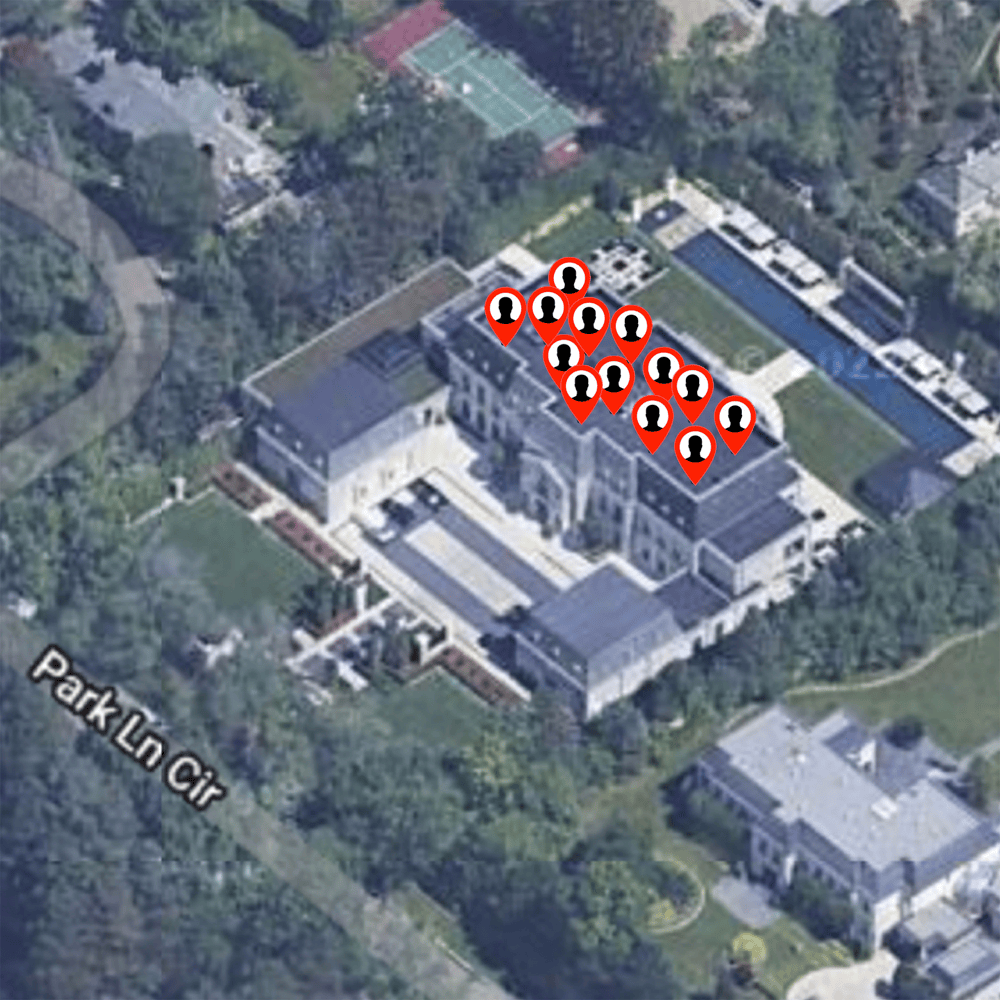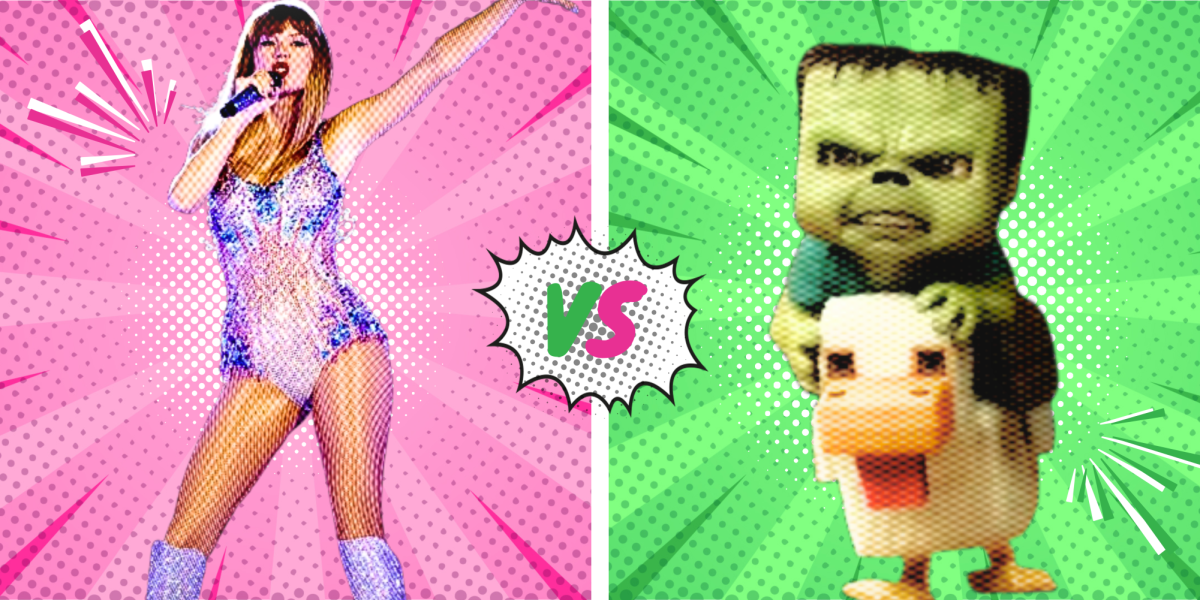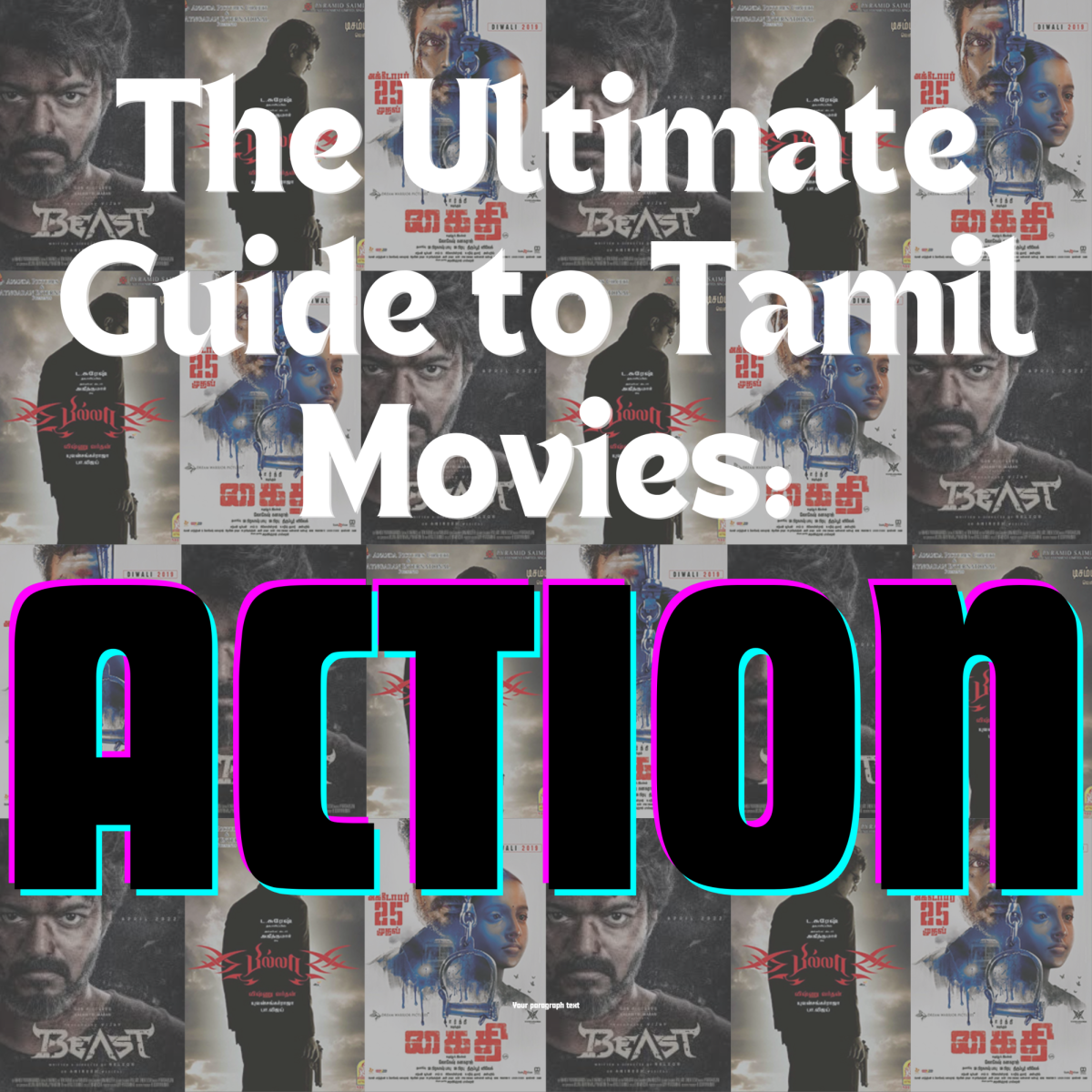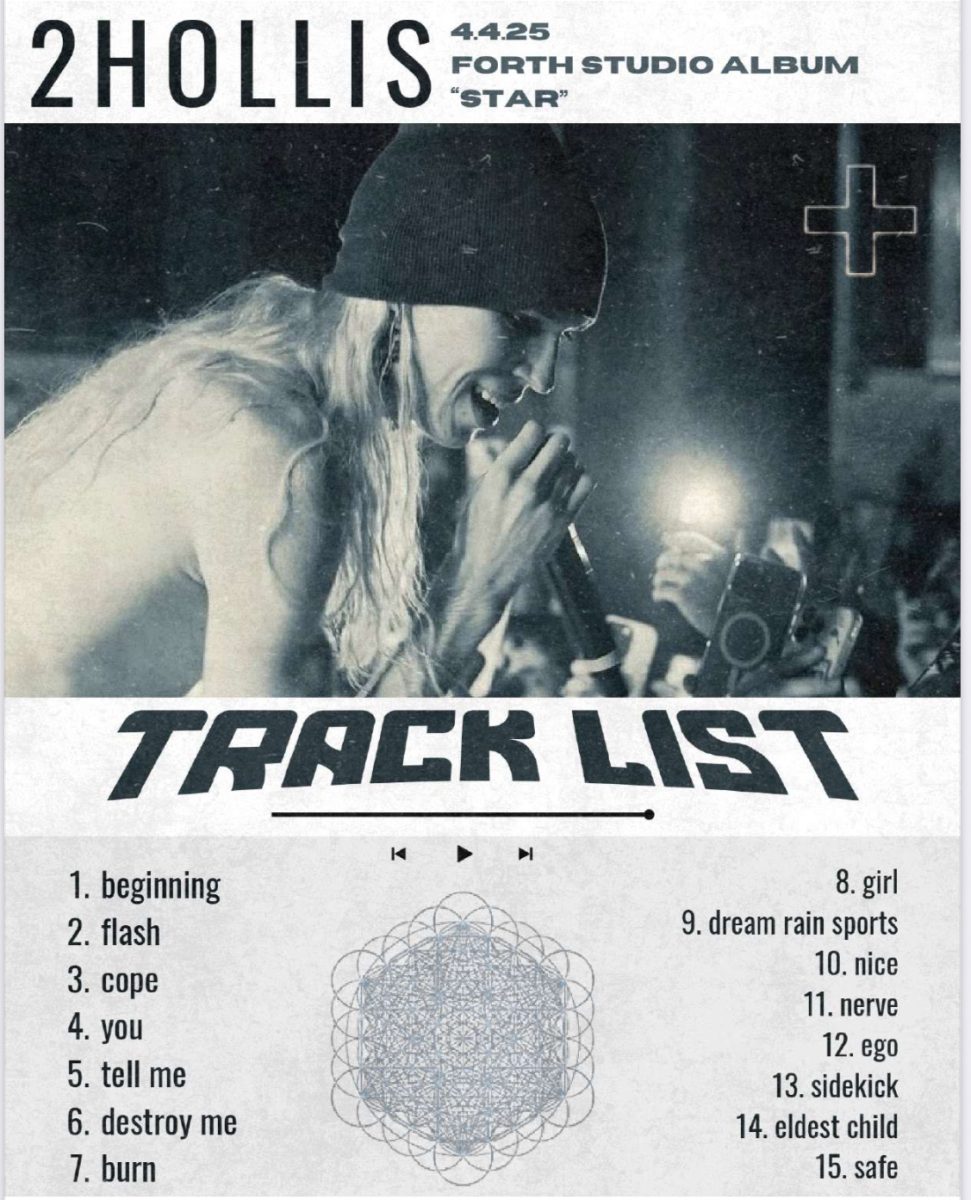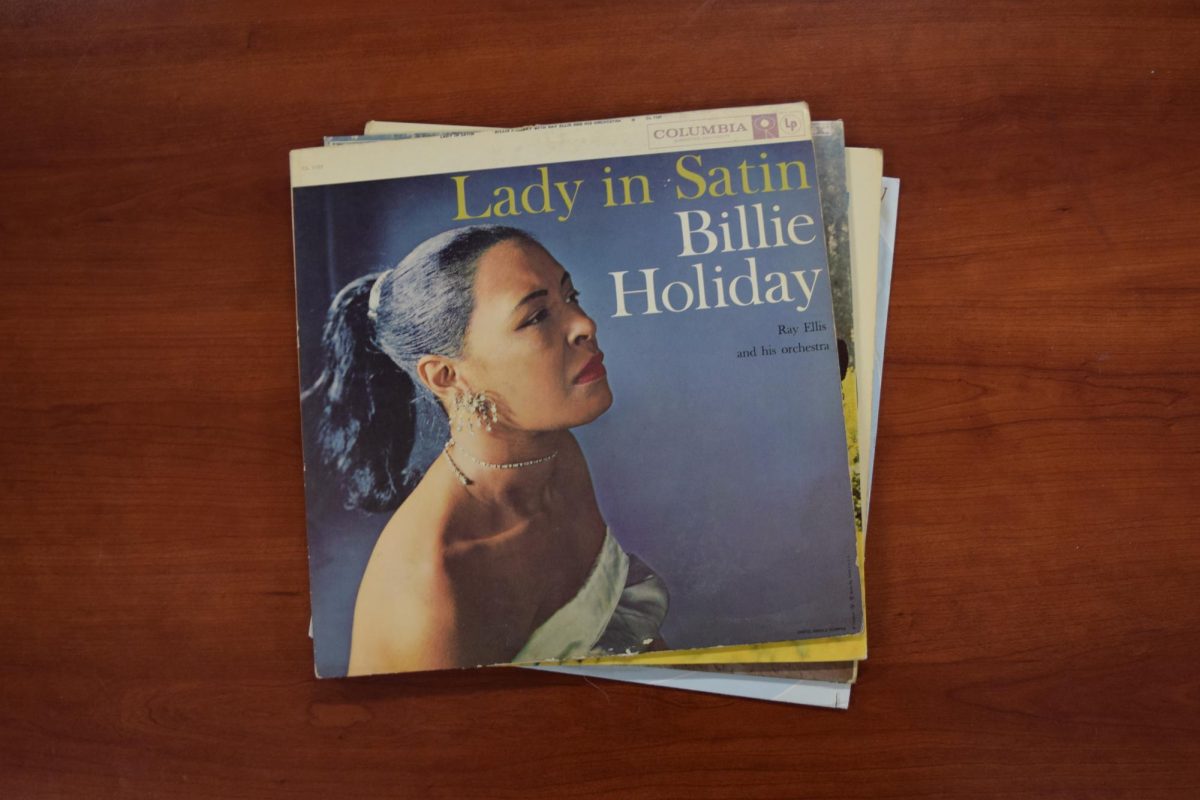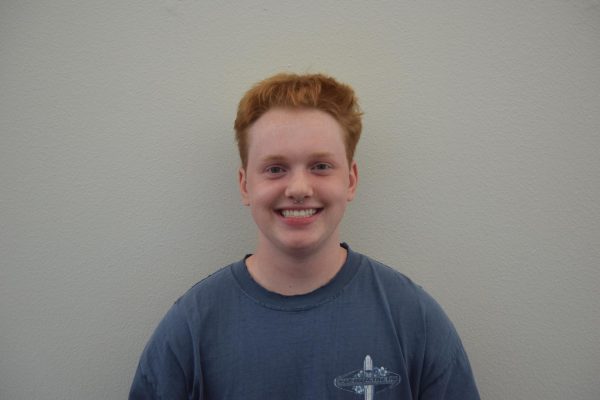“Have you heard the new Drake diss track? Whose side are you on, Drake or Kendrick? Did you hear J Cole’s apology to K Dot?”
Creek is abuzz with talk about the ongoing Kendrick Lamar v. Drake feud. Although, it’s hard to consider it a rivalry when one opponent is a Pulitzer Prize recipient and 17 time Grammy winner and the other is a club music figurehead who relies on his ghostwriters to make a living.
All it takes is one look at the song credits to see that Aubrey Drake Graham isn’t the only one writing his lyrics. Not everyone has the talent to write their own songs, but how hard can it be to write a diss track where every other word is a swear word?
While the rivalry has escalated to personal attacks on family and morals, it grew out of what could be considered as nothing. When J. Cole was featured on Drake’s track “First Person Shooter”, he wasn’t trying to start drama. In his feature, he grouped himself, Drake, and Kendrick together as the “big three” of rap, sparking what has now become a raging wildfire of a rap feud.
Kendrick’s lyrics have hit so close to home, now that Drake is claiming it’s all fake news, or that the rumors about him were all false information that he had his team hand-feed to Kendrick. But regardless of whether he truly has a secret daughter, whether or not he prays on underage girls, and whether or not he has a drug addiction, the allegations should be enough cause to reconsider your mega-fan status.
While Drake used his diss tracks to comment on Kendrick’s widely known domestic violence allegations, Kendrick used his to expose secrets that might have never seen the light of day.
With the release of “meet the grahams”, Kendrick accomplished what Drake had tried to do with “Family Matters”. Drake’s diss featured uninspired lyrics that probably took less time than he spends DMing underage girls. Kendrick’s, on the other hand, were written solely by himself (unlike Drake’s), and don’t sound like they were made with an AI diss generator.
Not only do Drake’s lyrics sound like they were crafted by AI, but some of them actually were. Taking inspiration from Ursula in “The Little Mermaid”, Drake used AI to fake Tupac and Snoop Dog’s voices in his diss track, “Taylor Made Freestyle”. Except Tupac’s estate didn’t sign a contract trading his voice for a pair of human legs.
Understandably, Tupac’s estate didn’t take kindly to Drake’s deep-fake resurrection, and quickly sent out a cease and desist letter. I mean, if anyone was going to steal my long-dead voice using AI for a song, I wouldn’t want it to be Drake either.
Regardless of whether Drake’s AI revival of Tupac was a bold artistic choice or an insulting misstep, it truly exemplifies the great divide between Drake and Kendrick’s music.
Drake makes music for club nights when people are so drunk they don’t have the mental faculties to interpret any of his lyrics (which is probably for the best). And Kendrick’s lyrics, save a few profanities, could hold their own against professional poets (after all, he did win a Pulitzer prize).
This feud has spread out to many other artists in the rap and hip hop genre, most notably with Metro Boomin releasing a backing track titled “BBL Drizzy”. But while Kendrick v. Drake has captured the miniscule attention spans of most every highschooler, rap feuds have been an important part of the genre for decades.
It’s hard to know how much longer Kendrick will continue to spend his time roasting Drake rather than producing a new album. As a Kendrick fan and lifelong Drake hater, I feel righteously justified each time another Drake diss track drops. Yet, I’d much rather Kendrick spend his time producing his next masterful album, not another 6 minute track about Drake’s criminal acts and fatherly failures.

